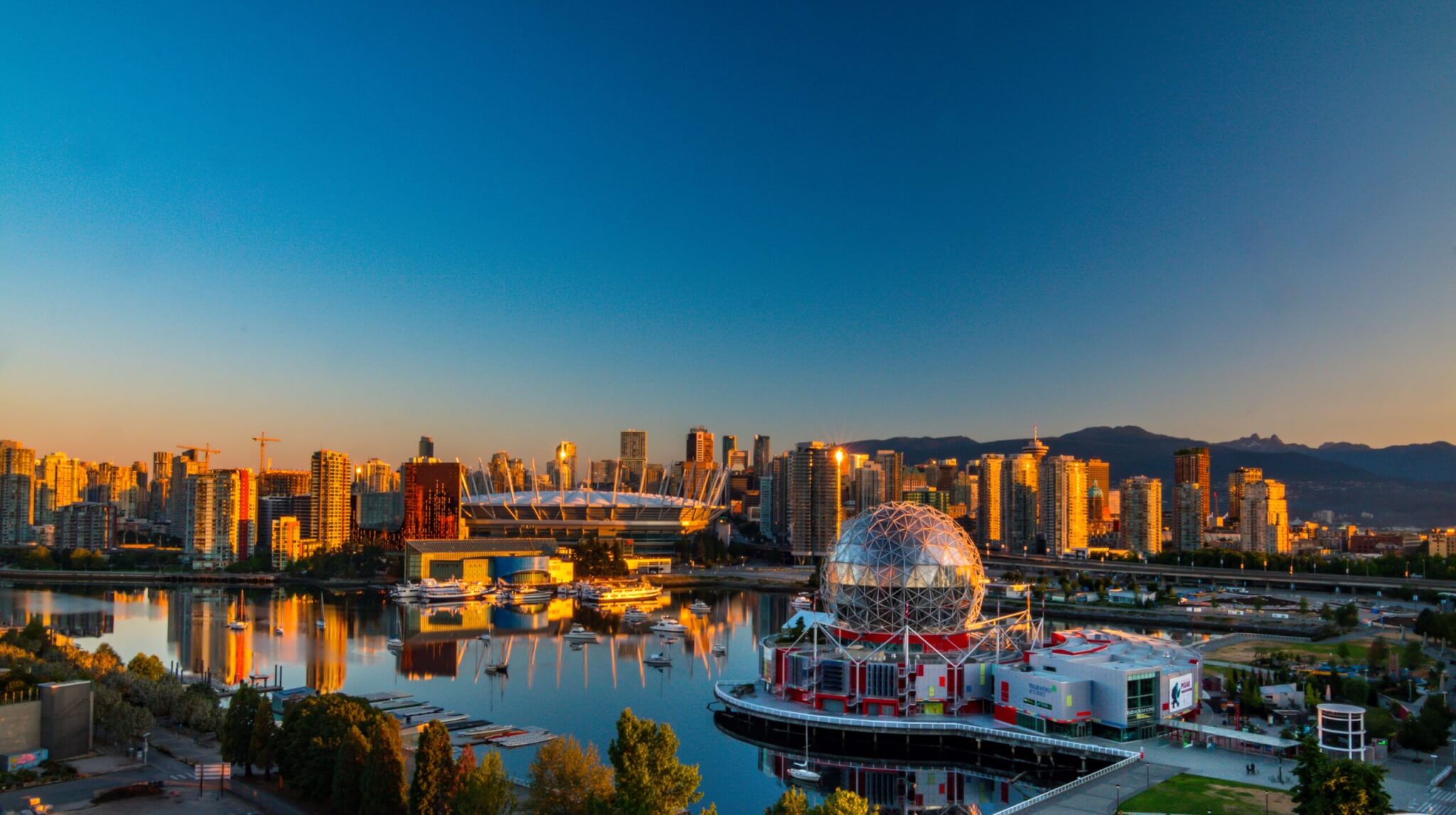Issues that arise include managing assets in multiple jurisdictions; income tax implications of holding funds in trust; and potentially taking children across borders to be with a new guardian. Because of this increased complexity, it can be even more important for new Canadians to ensure that they have a formalized and detailed estate plan. Here are some considerations that you may wish to keep in mind.
Choosing a Guardian
A guardian is someone who will care for your child if you are unable to do so. If you do not appoint someone as a guardian in the event of your death, the Public Guardian & Trustee of BC will typically become their guardian. Your family members may apply to the court to be appointed but this can be a lengthy process. If your family members reside in another country, overseeing this process can be costly and logistically difficult.
Also, unless you appoint a guardian, you do not necessarily have a say in who that will be. In choosing a guardian, factors such as that person’s ability to provide for the children’s well-being, cultural understanding, religious upbringing, and willingness to take on the responsibility should all be considered. You may also desire your children to remain in Canada with a specific friend or relative rather than waiting for it to be determined after the fact. Appointing someone in your will confirms your choice and can simplify the entire process.
Making Wills for Different Places
In some cases, it might be advisable to create separate wills for your assets in different countries or provinces. This way each will can be probated in its respective jurisdiction, which can streamline the probate process and even allow you to choose an executor that is local to each jurisdiction.
Assets and Taxes in Different Countries
Estate taxes and inheritance laws differ across countries. Transferring assets internationally can have tax implications. Additionally, if your executor is a resident in another country, he or she may face income tax implications merely for holding your assets in trust. Choosing the right way to navigate this, potentially by your choice of executor, or how you set up your estate for probate or to avoid probate, can save your heirs and executors significantly down the road.
Power of Attorney for Managing Affairs
Alongside guardianship considerations, granting power of attorney to someone you trust can be crucial in managing your affairs, especially if you become incapacitated while residing abroad. This is a separate document from a will and grants someone power over your finances to allow them to manage your affairs if you are not able to.
Conclusion
Estate planning is a complex process and the implications of overseas guardianship for new Canadians requires careful consideration and expert guidance. Consulting with estate planning attorneys, tax advisors, and possibly professionals who specialize in international law will help you navigate these intricacies effectively.
Find out more about our estate planning services and book a consultation here.
Stay up to date with the latest legal scoop by signing up for our newsletter.
Disclaimer: This blog post is for informational purposes only and should not be construed as financial or legal advice. Consult with qualified professionals to create a personalized estate plan suitable for your specific circumstances.





